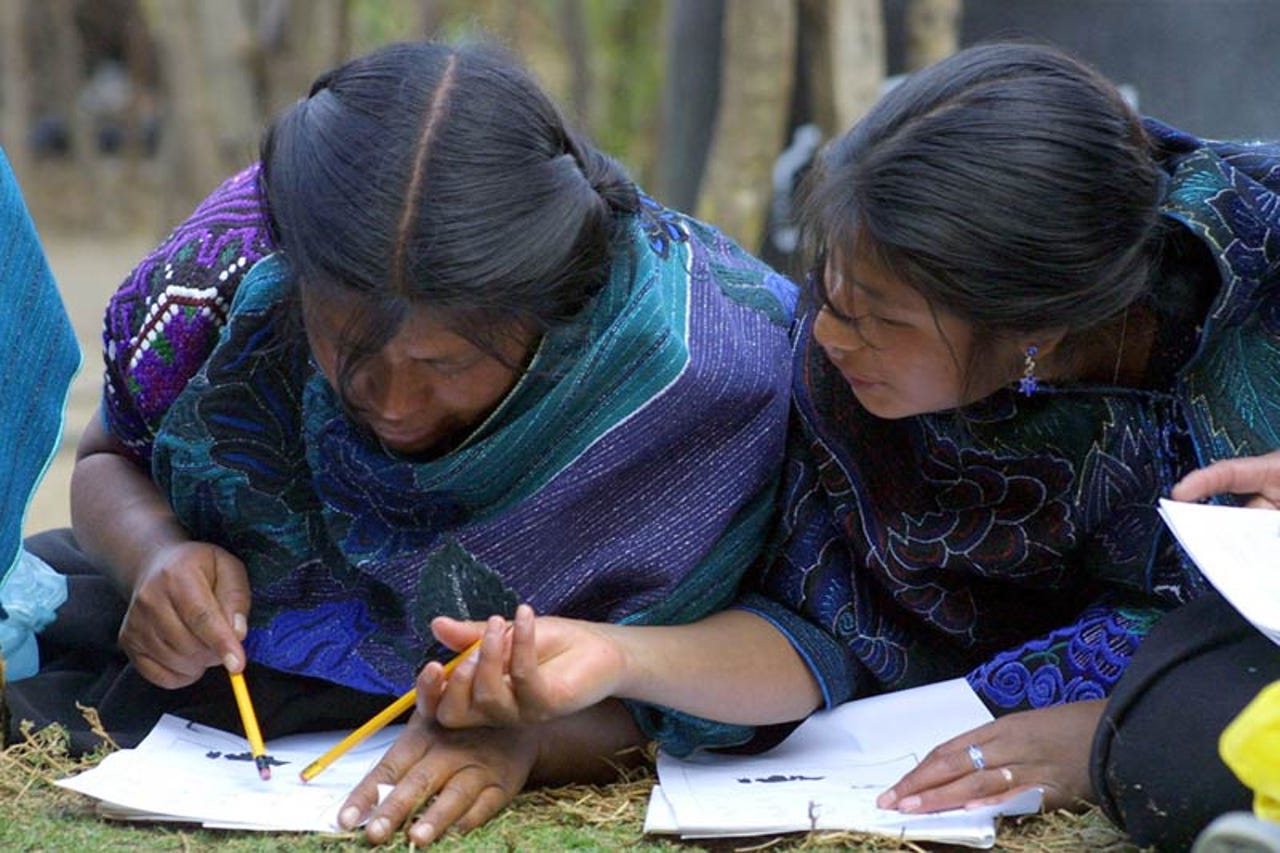Reality check: Billions still lack internet access


The report, The State of Broadband, produced by UN Broadband Commission and UNESCO, says 57 per cent of the world's people remain offline and "unable to take advantage of the enormous economic and social benefits the internet can offer".
This news comes ahead of a summit on Sustainable Development Goals (SDGs) which is due to start on Friday in New York. According to the organisers, the summit is expected to stress that access to information and communication technology (ICT), and in particular broadband, "has the potential to serve as a major accelerator of development".
The UN figures show that the top ten countries for household internet penetration are all located in Asia or the Middle East. The Republic of Korea continues to have the world's highest household broadband penetration, with 98.5 per cent of homes connected, followed by Qatar (98 per cent), and Saudi Arabia (94 per cent).
The lowest levels of internet access are mostly found in sub-Saharan Africa, where the internet is available to less than 2 per cent of the populations in Guinea, Somalia, Burundi and Eritrea, the report says.
While the UN data does show the wide disparity between rich and poor in terms of access to broadband and the internet, it also focuses on areas showing great improvement in connectivity.
"The latest advances in satellite technology are playing a key role in helping deliver broadband to rural and isolated areas," the report states. "Satellites have huge reach over massive areas, enabling the immediate connection of many subscribers to broadband and internet backbone networks with just one launch, rather than point-by-point rollout."
The UN believes that satellite-based systems offer a flexible medium for "last-mile technologies" because they can be available "at any location within the satellite footprint, and so service quality is independent of geographical factors".
Lowering costs means satellite broadband is now a realistic choice for rural, isolated and low population density areas around the world, according to the report. The UN also points out that "since satellite broadband is now generally comparable in quality to DSL broadband, satellite is a completely viable alternative to terrestrial broadband".
Irina Bokova, director general of UNESCO, says: "The UN's SGD 2030 summit recognises the power of new technologies to accelerate human progress, to bridge the digital divide, to develop knowledge societies. We must do everything to support states in reaching these goals, especially developing states."
Bokova pointed out that what was required was "stronger efforts by governments and all actors [to] build the capacities of all women and men to make the most of all new opportunities".
According to the report, the internet is currently only accessible to 35 per cent of people in developing countries. The situation in the 48 UN-designated least developed countries "is particularly critical, with over 90 per cent of people without any kind of internet connectivity", the report says.
Read more
- The growing digital divide and the strategic inertia that can kill
- Who really wins from Facebook's 'free internet' plan for Africa?
- The need for speed: Why Africa's datacenters are still trailing behind